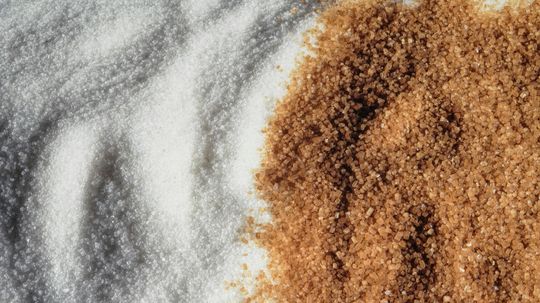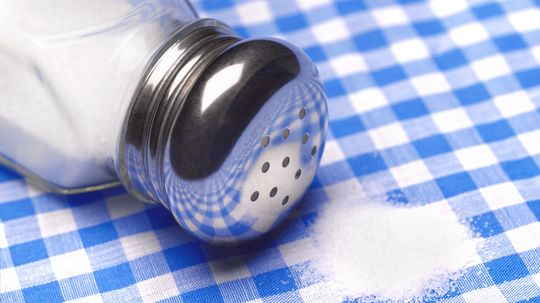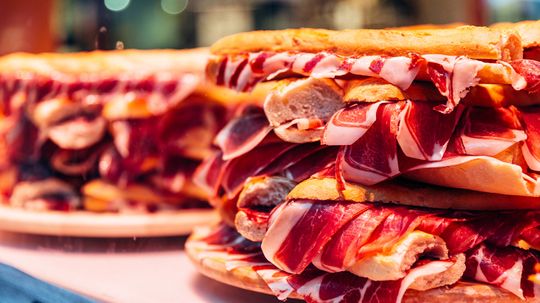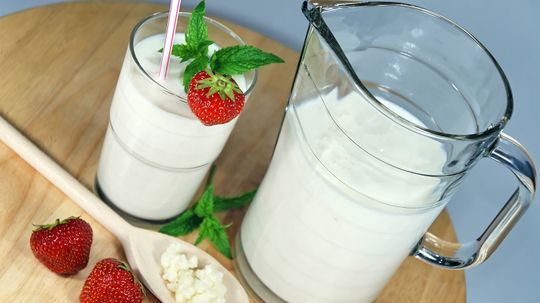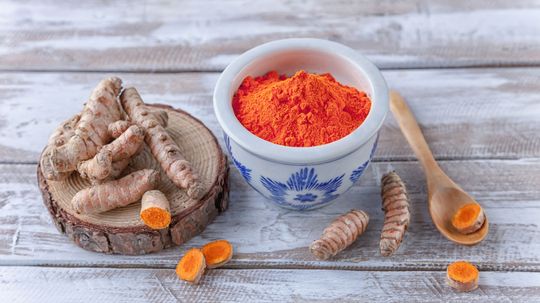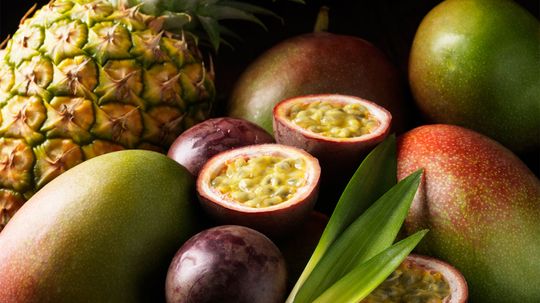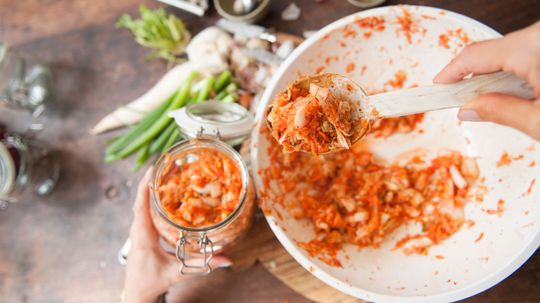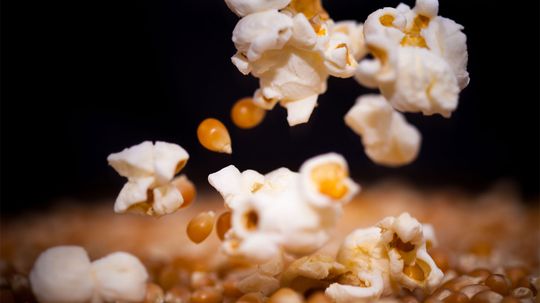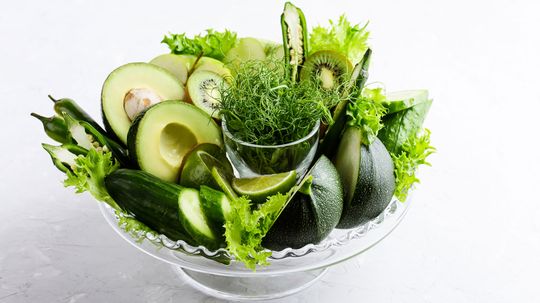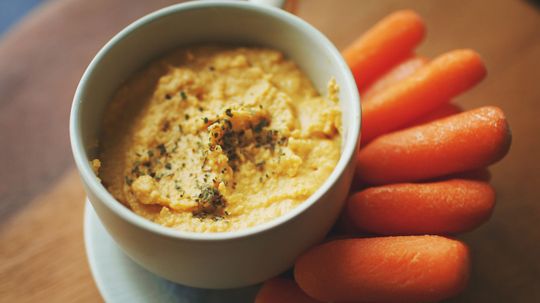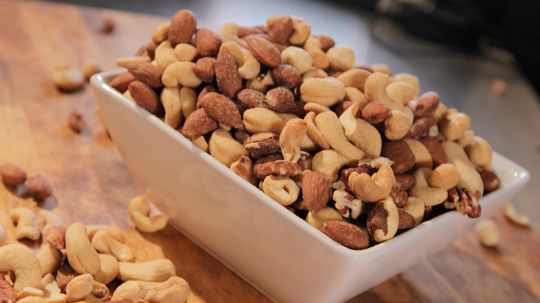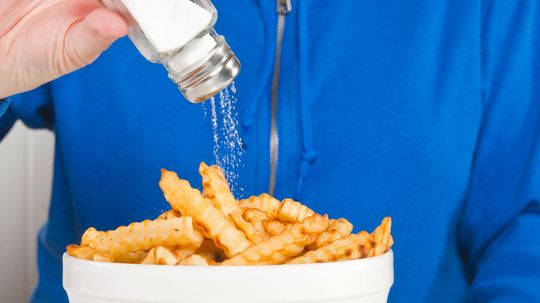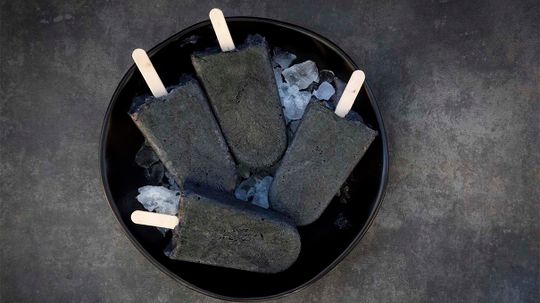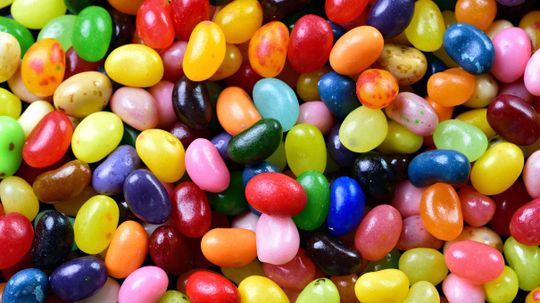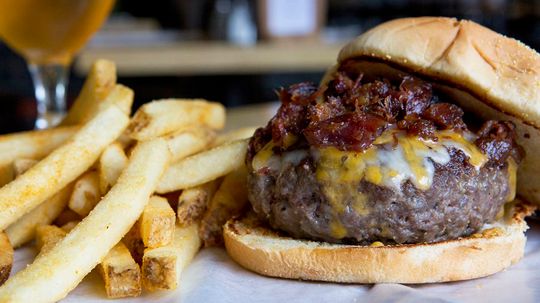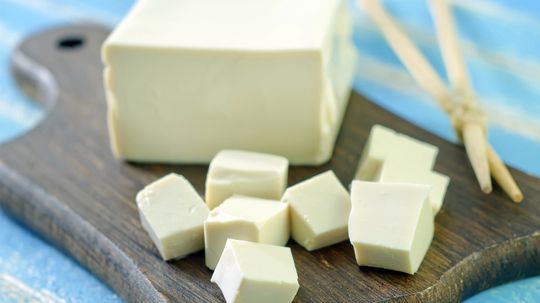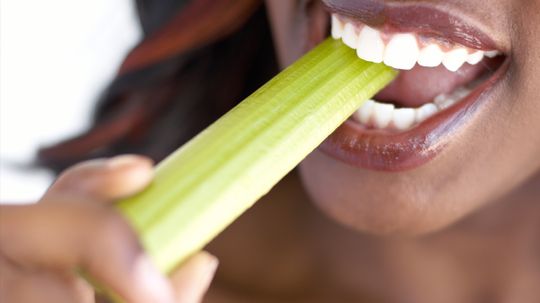Food and Nutrition Facts
Food and nutrition facts help you decipher a plethora of diet advice. If you're considering a dietary change, these articles can help guide you to the right foods.
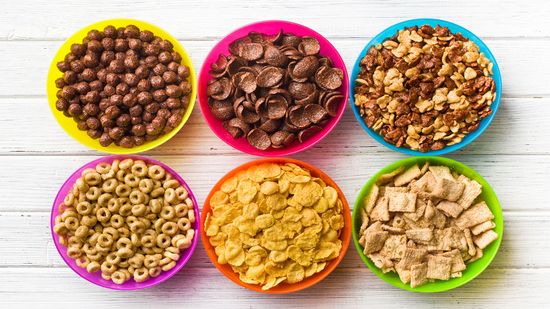
Ultra-processed Foods May Increase Inflammation, Chronic Disease Risk

Top 5 Anti-aging Vitamins

Your Basic Health Maintenance Plan
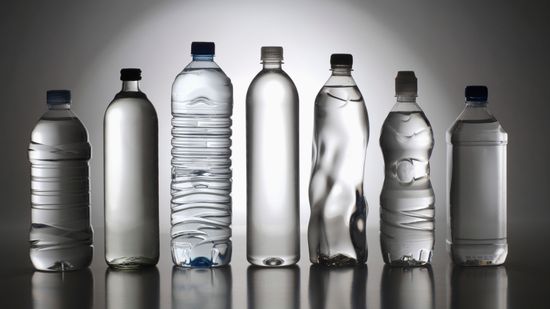
Healthiest Bottled Water: 12 Options Available in Stores

Do You Need Soap to Get Your Dishes Clean?
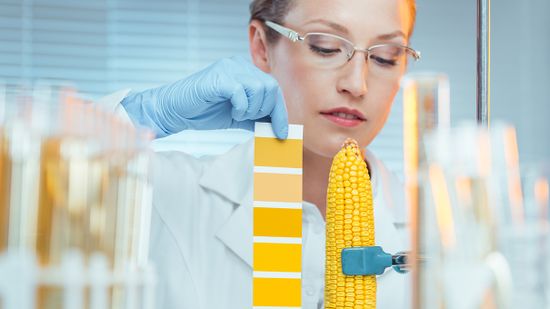
The FDA and America's Frightening Food System

U.S. Workers Get 1,292 Extra Calories per Week From Snacks at Work
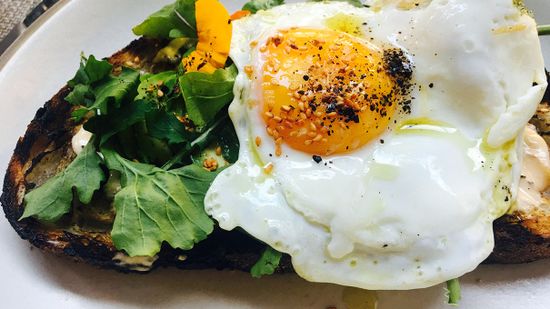
Why a Second Breakfast Can Be Good for Us
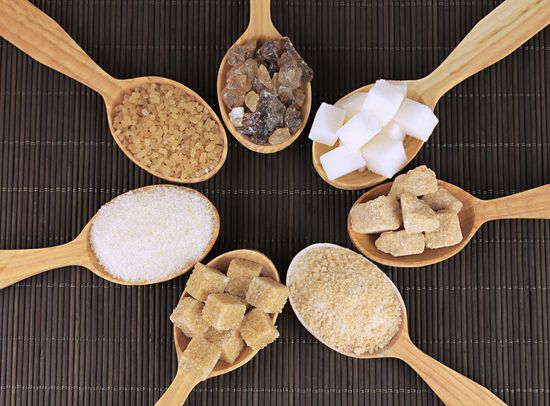
Is brown sugar healthier than white sugar?
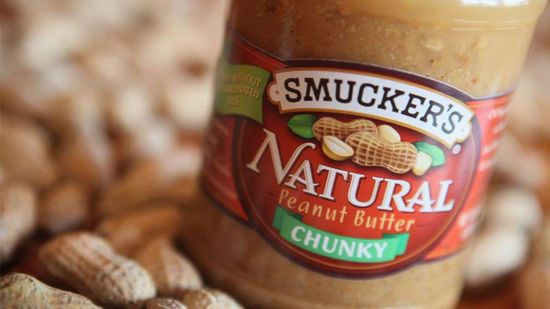
What Makes a Food 'Natural'?
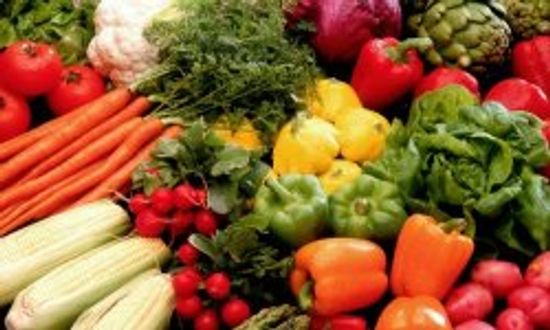
20 Healthiest Foods Pictures
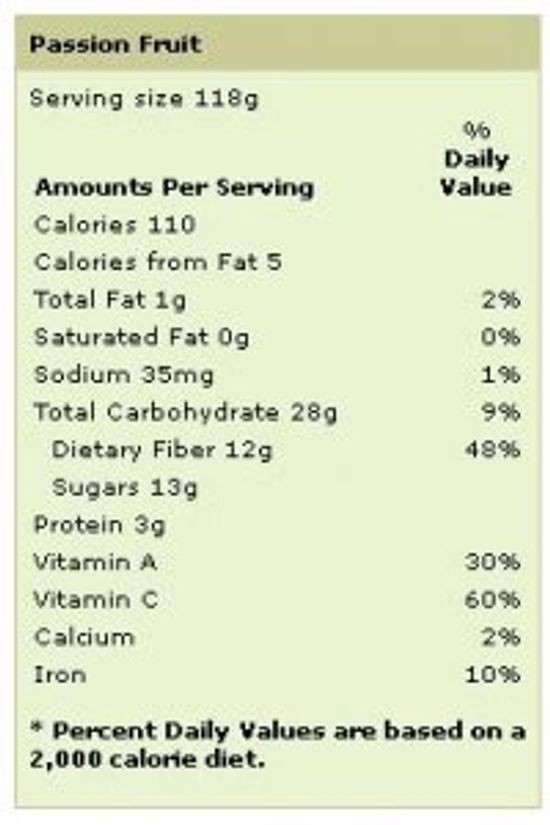
Passionfruit: Natural Food

10 Types of Magnesium Supplements You Should Know
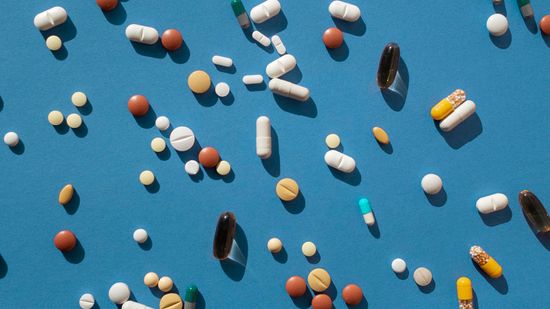
Magnesium Glycinate vs. Citrate Vitamin Supplements
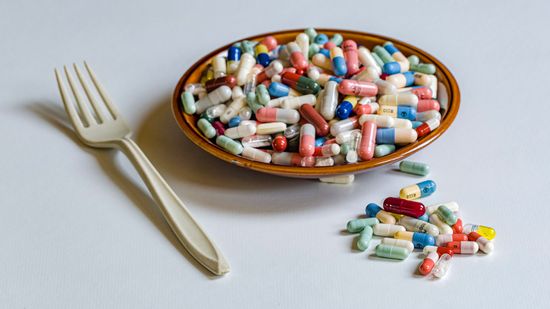
How Religion and Anti-regulatory Bias Birthed a $36 Billion Supplement Industry
Learn More
Bottled water drinkers often assume a bottle automatically means better than tap water.
White and brown sugar differ a lot more than just on color. And within each type are several different varieties.
A landmark study showed that switching from salt to a salt substitute could lower the risk of strokes, heart disease and premature death.
By Alia Hoyt
Advertisement
Nitrates are found not only in processed meats, but also naturally occur in green vegetables as well. So, are they dangerous?
By Alia Hoyt
Everybody knows that carrots are good for you, but what happens if you eat too many of them?
It's something we hear or read a lot: Certain foods can help your immune system. But what does that really mean? And is there any science behind it?
Kefir is a fermented milk drink similar to a thin yogurt, said to be full of good gut bacteria and capable of lowering blood sugar and bad cholesterol. Sounds great, but does the hype match the reality?
Advertisement
Some foods have been linked with making the body less inflamed. But what is inflammation anyway and how can food make it better?
By Alia Hoyt
When you're grabbing something to go with your coffee in the morning, which of these three baked treats will do the least damage to your health?
By Alia Hoyt
We all know we should eat more fruit, but you may want to limit your intake of these six.
By Alia Hoyt
Kimchi has a reputation for being a healthy dish, thanks to the vegetables, spices and fermentation process that promotes healthy bacteria. But are there any drawbacks?
By Alia Hoyt
Advertisement
Did you really want that protein bar or do you just think it's better for you than a cookie? Maybe it is, maybe it isn't.
By Alia Hoyt
Microgreens are all the rage now and many people swear that they're tastier and healthier than the bigger vegetables. But what does the science say?
By Alia Hoyt
Hummus is a chickpea dip that has surged in popularity in the U.S. over the past decade. It sure seems healthy but is it really?
By Alia Hoyt
Advertisement
A slew of new research suggests eating more nuts is not just good for your heart, but it's also good for your waistline.
A worldwide study found that although most people consumed more salt than was recommended, it wasn't enough to do damage to their heart health. And there wasn't much of a link between sodium consumption and heart attacks.
By Alia Hoyt
Activated charcoal is making its way into smoothies, pills and food of all kinds these days. What's the truth behind the health claims?
Advertisement
It turns out that eat 50 black jelly beans a day may not be what the doctor ordered.
Your burger used to be a cow. When you factor in the plants that cow ate along the way to becoming a burger, meat eaters are vegetable-consuming machines.
There is growing concern over a possible link between soy and certain types of cancer. Could these potential risks outweigh the benefits of eating tofu?
Nutrition labels list daily values based on a 2,000-calorie diet. Why did this become the standard?
Advertisement
We know sugar-free doesn't always mean healthy. But why would sugar substitutes raise blood-sugar levels in one study to near-diabetic levels?
Celery munchers, this one's for you: Some foods are so low in calories that people say you can burn them off just by eating them. Is the "negative calorie" phenomenon a real thing?

